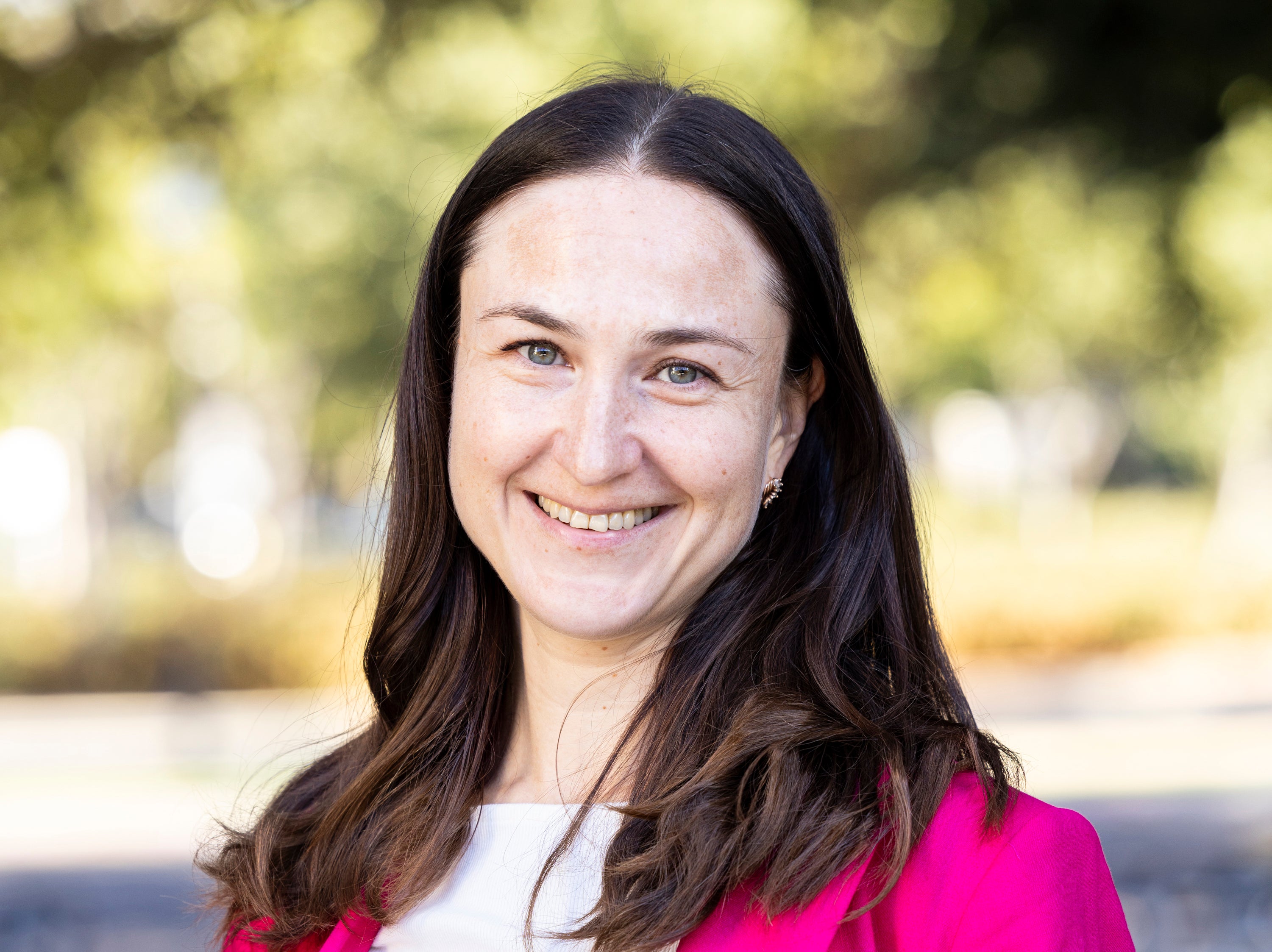Would you like to get priority registration AND get help choosing classes?
Complete our online placement process! At DVC, we encourage all students to take transfer-level English and math their first year. There's more than one way to achieve that goal, and we're here to help you find the courses that best meet your needs. As a bonus, students who finish the online orientation, complete this placement process, and create their educational plan get early registration dates!
Complete the Placement Process
After applying to DVC and completing the online orientation, complete the placement process to get recommendations for your first-term math and English or ESL classes. Choose the category that best describes you to get started:
-
Are you a senior who will be graduating this year from a U.S. accredited high school? After applying to DVC, complete the online placement process by entering information about your junior year courses and grades.
Note: If your high school is located in another country or is not accredited, please instead follow the steps under "I have a different educational background." If you're not sure, you can check for accreditation.
Before you begin:
You'll need your InSite username and password and about 5-10 minutes to complete this process. It will help if you have access to your official or unofficial high school transcript, but it isn't required.
Step-by-step instructions:
- Click the "Get Your Placement" button below.
- Log into InSite.
- Click either English & Math or ESL & Math.
- Follow the prompts to enter information about English classes and grades from your junior year of high school.
- Enter your GPA.
- Review your information for accuracy, and click "My Information is Correct" when ready. (You won't be able to change your information after submitting, so please check things look right!)
- Follow the prompts to enter information about math classes and grades from your junior year of high school.
- Review your GPA.
- Review your information for accuracy, and click "My Information is Correct" when ready. (You won't be able to change your information after submitting, so please check things look right!)
- On the next screen, you'll find recommendations for your English/ESL and math courses.
- Print or email your results to yourself for future reference.
Ready to Begin?
Get Your Placements -
Have you already graduated from a U.S. accredited high school? After applying to DVC, you can complete the online placement process by using your senior year courses and grades.
Note: If your high school was located in another country or is not accredited, please instead follow the steps under "I have a different educational background." If you're not sure, you can check for accreditation.
Before you begin:
You'll need your InSite username and password and about 5-10 minutes to complete this process. It will help if you have access to your official or unofficial high school transcript, but it isn't required.
Step-by-step instructions:
- Click the "Get Your Placement" button below.
- Log into InSite.
- Click either English & Math or ESL & Math.
- Follow the prompts to enter information about English classes and grades from your senior year of high school.
- Enter your GPA.
- Review your information for accuracy, and click "My Information is Correct" when ready. (You won't be able to change your information after submitting, so please check things look right!)
- Follow the prompts to enter information about math classes and grades from your senior year of high school.
- Review your GPA.
- Review your information for accuracy, and click "My Information is Correct" when ready. (You won't be able to change your information after submitting, so please check things look right!)
- On the next screen, you'll find recommendations for your English/ESL and math courses.
- Print or email your results to yourself for future reference.
Ready to Begin?
Get Your Placements -
Complete our Guided Self-Placement process if you have a different educational background. This option is designed for students who:
- attended a high school in another country that is not accredited by the U.S.
- attended a high school in the U.S. that is not accredited
- are currently enrolled in high school (but not a graduating senior)
- earned their GED or high school proficiency certificate
- completed an adult education program
- did not graduate from high school
Instead of entering information from a high school transcript, you'll be taken through a series of steps asking you to reflect on your educational background. There are no test questions - and no right or wrong answers here! Answering the questions honestly will help us recommend courses that best meet your needs.
Step-by-step instructions:
- Click the "Math Guided Self-Placement" button below.
- Log into InSite.
- Read through each of the prompts and select the answer most appropriate for you.
- Click "Submit" to see your recommended math course.
- Print or email your results to yourself for future reference.
- From here, you can click the button to begin the English/ESL Guided Self-Placement process.
- Choose whether English is your first language or not.
- Read through each of the prompts and select the answer most appropriate for you.
- Click "Submit" to see your recommended English/ESL course.
- Print or email your results to yourself for future reference.
Ready to Begin?
Choose Your Courses
Frequently Asked Questions
If you still have questions, don't worry. We've got answers! Check our frequently asked questions to learn more:
-
The placement process is required for priority registration and will help you choose your math and English or ESL courses.
Special circumstances include:
- If you have completed a college level Math or English course and received a “C” or higher, you can use that class to meet the placement requirement. In order to qualify for this exemption, you will need to submit an Assessment Clearance Form. If you wish to use a course to clear the prerequisite for another course, you will need to submit a Prerequisite Equivalency Form.
- If you have an associate degree or higher, you can submit an Assessment Clearance Form.
- If you took Advanced Placement (AP) exams for English Literature or Language and/or Calculus AB or BC and scored a "3" or higher, you may submit your scores and a completed Prerequisite Equivalency Form.
- If you are only taking classes for personal enjoyment, have no plans to complete a certificate or degree, and do not want priority registration, you do not need to complete the placement process.
- Please note: SAT and ACT exams are not used for placement at DVC.
-
The placement process for math, English and ESL are not tests that you pass or fail. The placement process is based on your high school experience or your self-evaluation.
-
The online placement process can be taken once during your senior year in high school and once after your senior year grades are posted.
The Guided Self-Placement can be taken once.
-
To review your placement results, log in to InSite, click on the Plan-Progress tile, click on Assessment Scores, and click on Test Summary.
-
If you still have questions after completing the placement process, work with a counselor to complete an education plan that's right for you!
-
Learn about our optional chemistry assessment for students who want to begin with a more advanced chemistry course.



